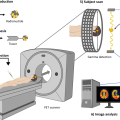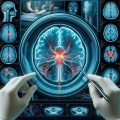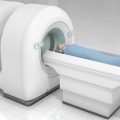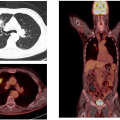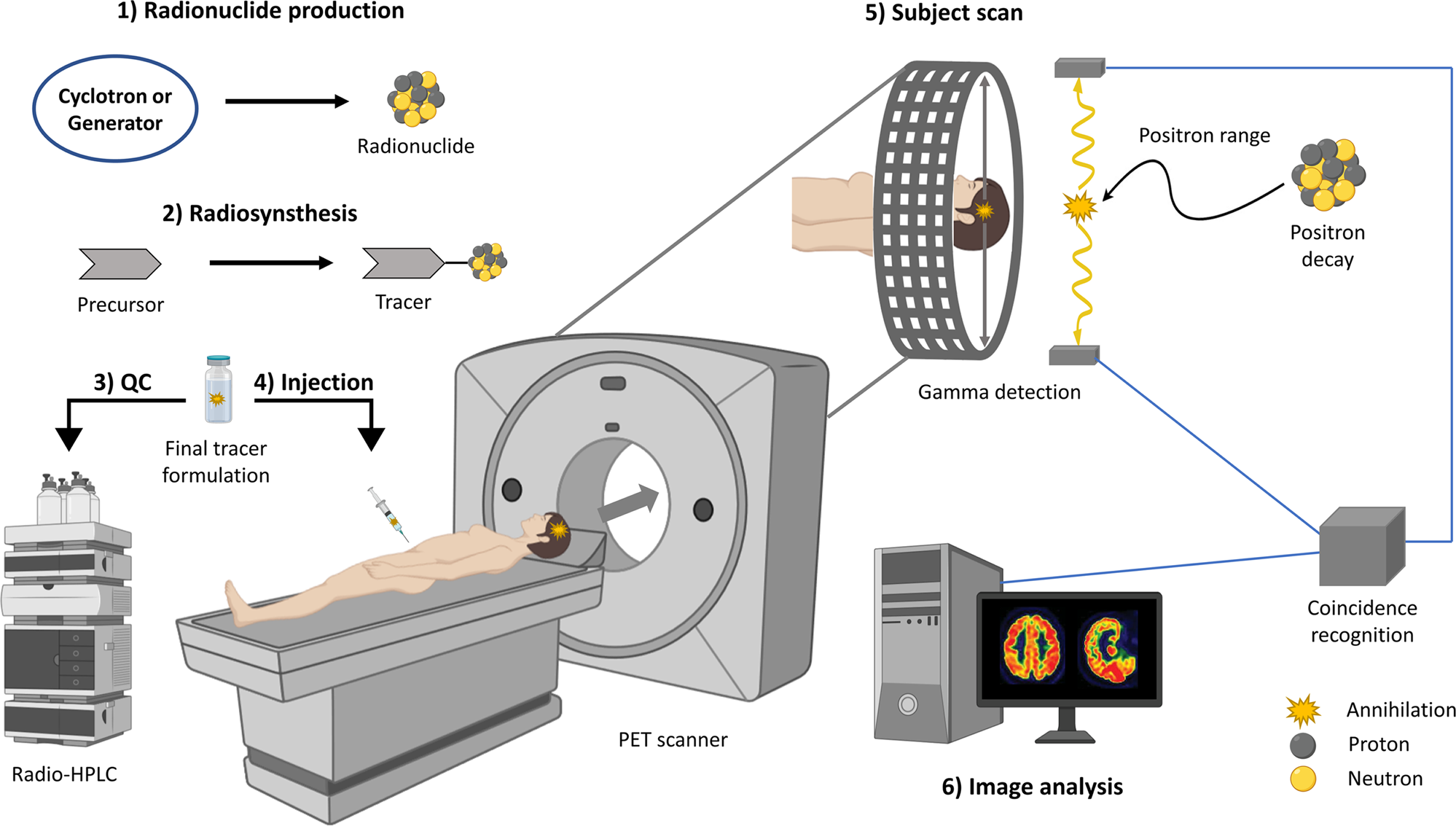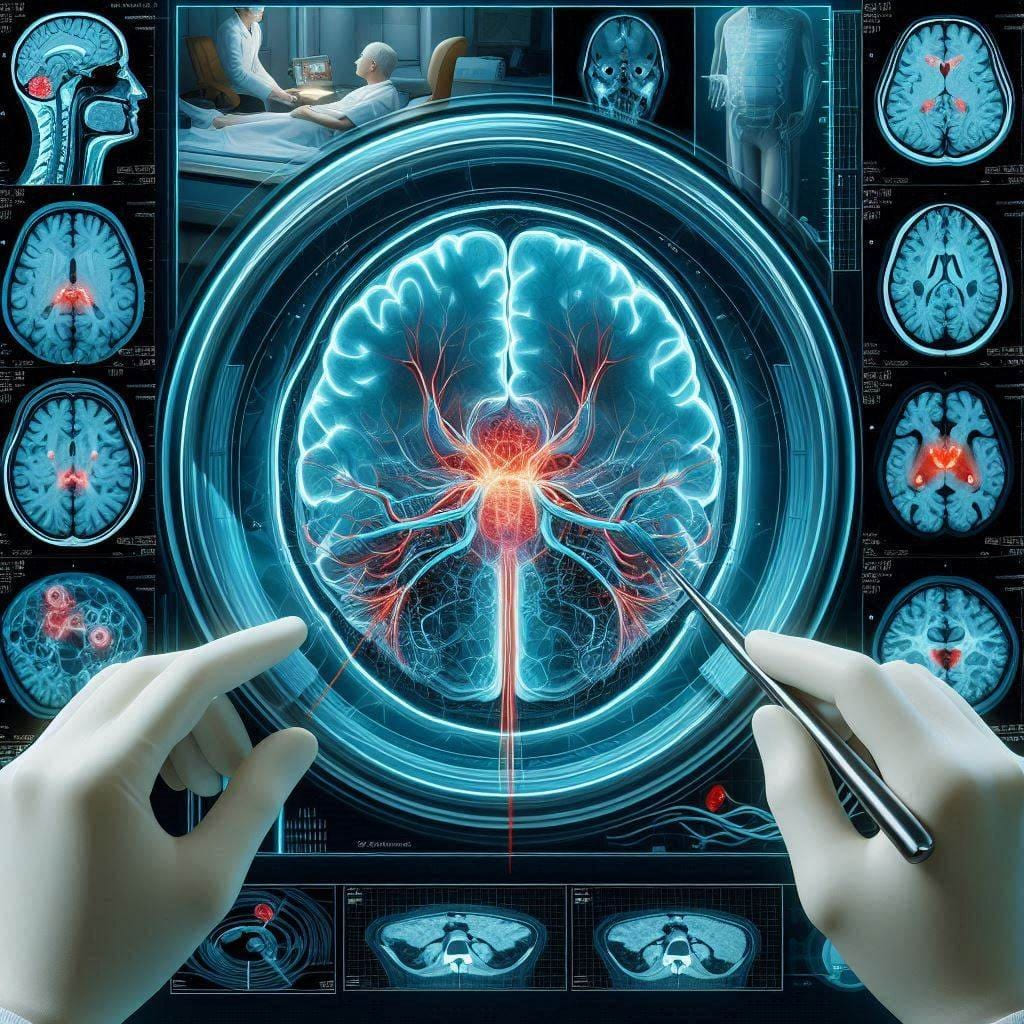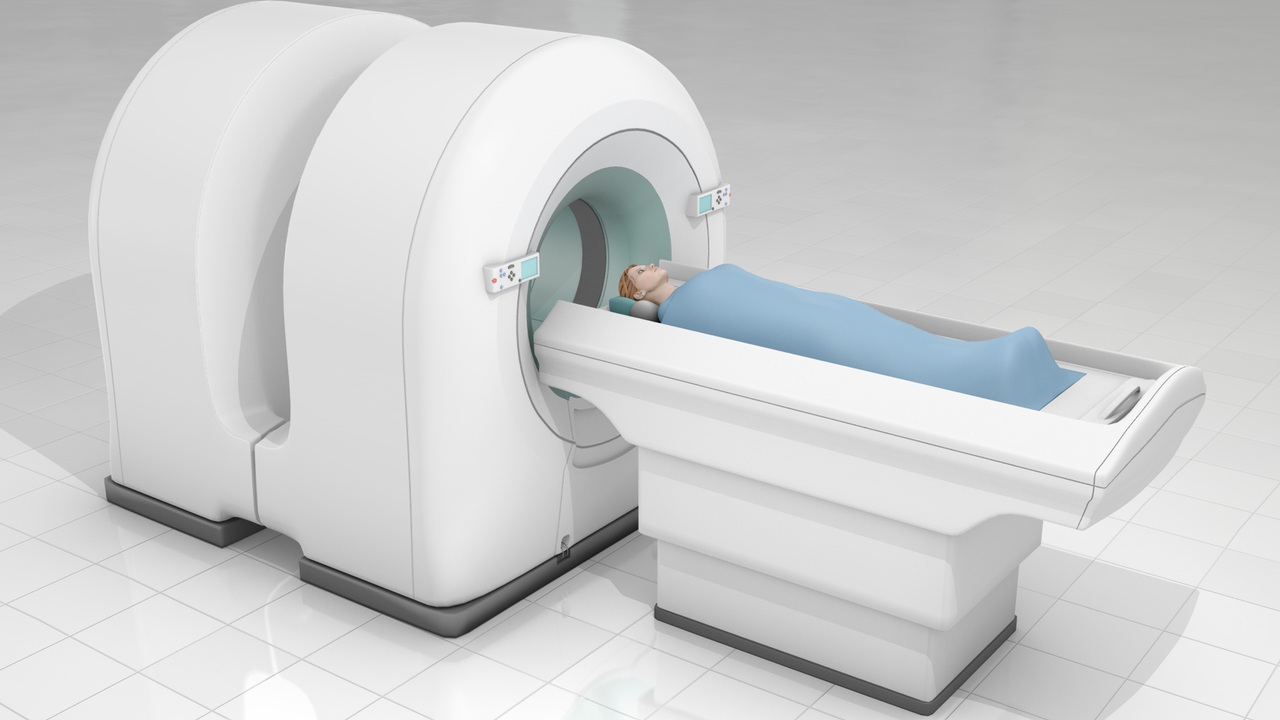
What is the Normal Bone Density?
Bone density is a vital measure of bone strength and health, playing a significant role in the prevention of fractures and osteoporosis. At “Dokki Scan,” we offer the latest technologies and medical services for accurate bone health assessment. In this article, we will discuss in detail the normal range for bone density, the factors affecting it, the importance of bone density testing, and a comprehensive explanation of how it is measured and the best methods to monitor bone health.
What is the Normal Bone Density and How is it Measured?
Definition of Normal Bone Density
Bone density refers to the amount of minerals, primarily calcium, contained in the bone. It is a crucial measure of bone strength and its ability to withstand stress. The normal range for bone density is determined by comparing current bone density with the peak level achieved during growth, typically in the early twenties.
Doctors commonly use the “T-score” to assess bone density. This score compares an individual’s bone density with that of a healthy young adult. The reference values used are:
T-score between +1 and -1: The density is considered normal, indicating that the individual’s bone density falls within the healthy and optimal range.
T-score between -1 and -2.5: Indicates low bone density, known as “osteopenia.” This requires attention and treatment to prevent the condition from progressing to osteoporosis.
T-score less than -2.5: Indicates osteoporosis, a medical condition characterized by significantly reduced bone density and increased risk of fractures.
How is Bone Density Measured?
Bone density is measured using advanced medical techniques that provide accurate information about the amount of minerals in the bones. These techniques include:
Dual-Energy X-ray Absorptiometry (DXA): DXA is one of the most common methods for measuring bone density. This technique involves passing low-energy X-rays through the bones to measure the amount of minerals present. It is accurate and reliable, primarily used for assessing bone density in areas such as the spine and hip.
Computed Tomography (CT): This technique uses CT scans to measure bone density by imaging cross-sections of the bones. It provides detailed and comprehensive information about bone condition and helps in determining the accuracy of bone issue diagnoses.
Quantitative Computed Tomography (QCT): This method uses a CT scan with a specific focus on measuring bone density. Although less commonly used than DXA, it provides precise information about bone density and is useful in certain cases.
Factors Affecting Bone Density
Genetic Factors
Genetic factors play a significant role in determining bone density. If you have a family history of bone problems like osteoporosis, you may be at higher risk of developing similar issues. Genes influence how calcium is stored in the bones and how bone cells regenerate. Genetic variations can affect bone remodeling processes, directly impacting bone density.
Age-Related Factors
Bone density is greatly influenced by age. During growth, bone density gradually increases until it peaks in the early twenties. After this peak, the body begins to lose bone density gradually. This decline is normal but can be more pronounced in some individuals, especially women after menopause, due to hormonal changes affecting bone health.
Nutrition
Nutrition plays a crucial role in maintaining bone density. Calcium and Vitamin D are essential in this context. Calcium helps in building and maintaining bone health, while Vitamin D aids in the effective absorption of calcium. Deficiency in these nutrients can lead to decreased bone density and increased risk of fractures. Foods rich in calcium include dairy products, leafy green vegetables, and nuts. Vitamin D can be obtained from fatty fish and sun exposure.
Physical Activity
Exercise plays a significant role in enhancing bone density. There are two main types of exercises that benefit the bones:
Weight-Bearing Exercises: Such as walking, running, and cycling, which help strengthen and increase bone density.
Resistance Exercises: Such as weight lifting and resistance training, which stimulate bone growth and enhance density through pressure on the bones.
Lifestyle Habits
Lifestyle habits significantly affect bone density. Smoking can reduce the body’s ability to absorb calcium, leading to decreased bone density. Excessive alcohol consumption also affects the body’s ability to form bones and increases fracture risk.
Medications and Diseases
Certain medications and chronic diseases can negatively impact bone density. For example, steroid medications can lead to bone loss, and diseases such as rheumatoid arthritis can significantly affect bone health.
Importance of Bone Density Testing
Early Detection of Problems
Bone density testing is a vital tool for the early detection of osteoporosis. Early detection of low bone density can help in taking necessary measures to prevent the condition from worsening. Regular bone density testing can identify potential risks early, helping to avoid fractures and injuries that may affect quality of life.
Treatment and Prevention Planning
Bone density test results provide valuable information that helps doctors develop personalized treatment plans. In the case of low bone density detection, therapeutic strategies may include dietary changes, exercise, or medication to enhance bone density and prevent further deterioration.
Regular Monitoring
Regular monitoring of bone density helps in tracking the effectiveness of prescribed treatments. By conducting periodic tests, doctors can assess improvements or declines in bone condition and adjust treatment plans accordingly. This ensures that the treatments being administered are effective and achieving the desired goals.
How is Bone Density Measured?
Techniques Used
Dual-Energy X-ray Absorptiometry (DXA): DXA is one of the most common methods for measuring bone density. This technique involves passing low-energy X-rays through the bones to measure the mineral content. It provides accurate and reliable results, primarily used for assessing bone density in areas like the spine and hip.
Computed Tomography (CT): This technique measures bone density by imaging cross-sections of the bones. It provides detailed and comprehensive information about bone condition and helps in determining the accuracy of bone diagnoses. It can also be used to evaluate areas that are difficult to assess with X-rays.
Quantitative Computed Tomography (QCT): This method uses a CT scan with a specific focus on measuring bone density. Although less commonly used than DXA, it provides precise information about bone density and is useful in certain situations.
Preparation for the Test
Before undergoing a bone density test, there are some tips that can help ensure accurate results:
Avoid Supplements: It is advisable to avoid taking calcium and Vitamin D supplements before the test to prevent influencing the results.
Wear Appropriate Clothing: Wear loose and easily removable clothing, as the test may require removing some clothing or jewelry.
Inform Your Doctor: It is important to inform your doctor about any medical conditions or medications you are taking, as they may affect the test results.
Importance of Testing at Dokki Scan
At “Dokki Scan,” we offer bone density testing services using the latest technologies and medical equipment. Our services include:
Accurate Bone Density Assessments: We provide precise evaluations of bone condition using advanced techniques such as DXA or CT scans.
Personalized Medical Consultations: We offer personalized medical consultations based on test results, including recommendations for treatment and lifestyle changes.
Ongoing Monitoring: We provide ongoing monitoring services to track bone health and adjust treatment plans as needed.
Our Services Include:
Specialized Consultations: A team of bone health experts is available to provide advice and answer your questions.
Comprehensive Testing: Testing includes precise evaluation of bone density using the latest technologies.
Continuous Support: Monitoring bone health and providing ongoing support and care to ensure optimal bone health.
Summary
Bone density is a fundamental factor in maintaining bone health and preventing fractures and injuries. By undergoing regular bone density testing at “Dokki Scan,” you can obtain an accurate assessment of your bone condition and take the necessary steps to improve your bone health.
If you would like a comprehensive assessment of your bone health or need advice on how to improve your bone density, we invite you to visit our website at dokki-scan.com or contact us to schedule an appointment. Our team of experts is ready to provide the support and care you need to achieve optimal bone health. By paying attention to your bone health and addressing issues early, you can ensure a healthy, active, and stable life.
Latest Blogs
- All Posts
- Blog

